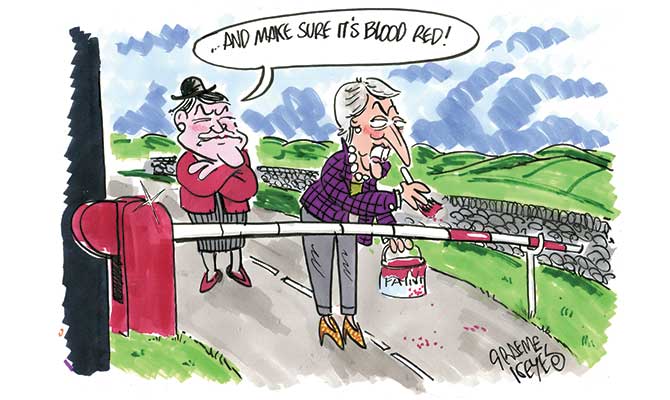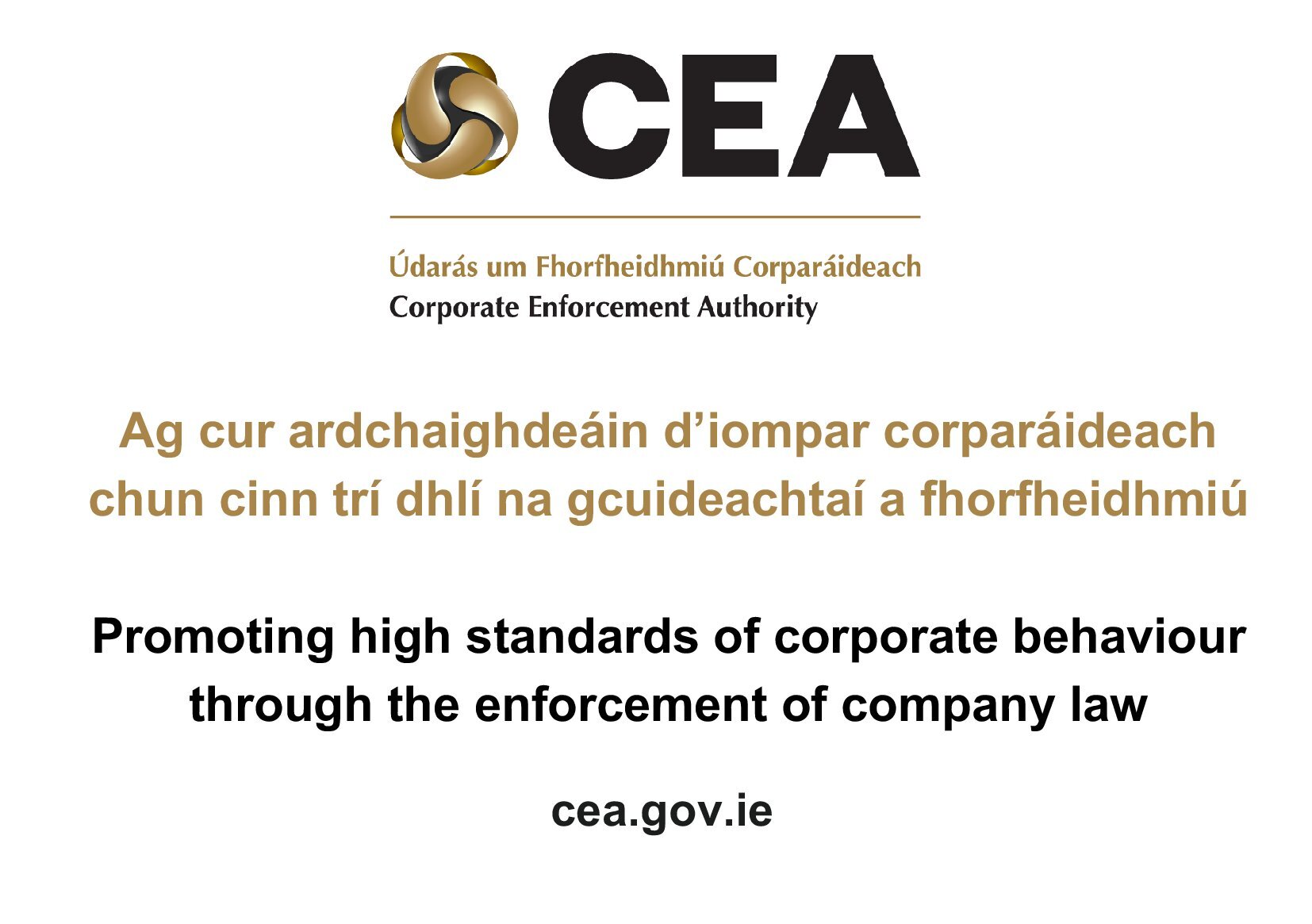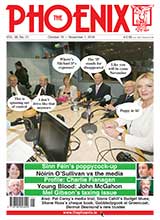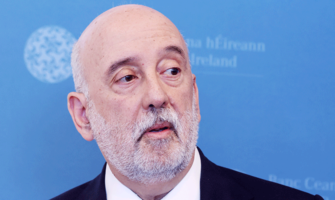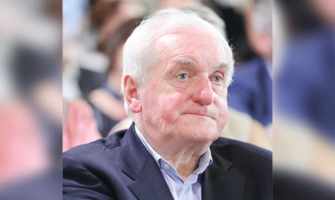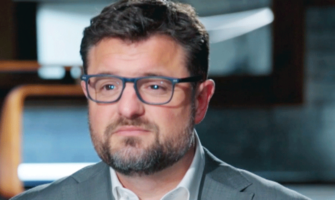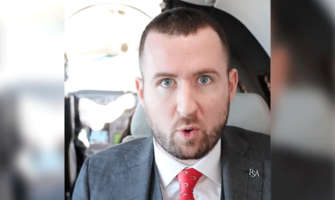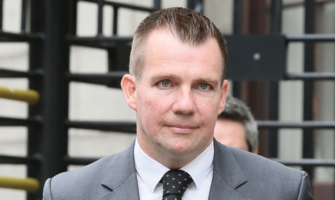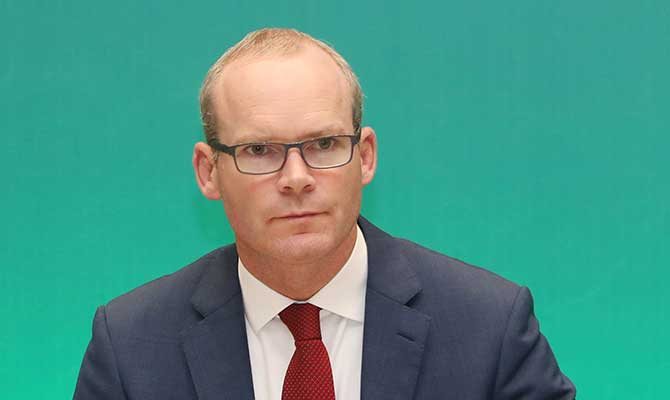
Simon Coveney
THERE HAS been a deafening silence from foreign minister Simon Coveney and the government at the apparent murder of journalist Jamal Khashoggi by agents of Saudi Arabia in its Istanbul consul. This is in marked contrast to Coveney’s loud condemnation of the alleged poison attack by Russian agents in Salisbury last March and his rush to expel a Russian diplomat in solidarity with Britain and the EU.
When the Russian diplomat was expelled, Coveney admitted that “we are not in a position to independently verify the United Kingdom’s assessment of responsibility for Salisbury”, but argued that because the EU accepted the British claim, Ireland should also do so. (At that point only 16 of 28 EU countries had agreed with the proposed expulsion of diplomats).
Twice in the last week Goldhawk inquired of the Department of foreign Affairs and Trade (DFAT) if Coveney had issued a statement about Khashoggi’s fate and both times the answer was ‘no’. Presumably, the notion of expelling a member of staff at the Kingdom of Saudi Arabia Embassy in Fitzwilliam Square, Dublin 2, is out of the question.
Last week EU foreign policy chief, Federica Mogherini, made the rather limp demand that the Saudis instigate a “full-out investigation and [with] full transparency”. This was followed by a less-than-threatening statement from the three main EU countries, Germany, France and Britain, with the same demand. There has been no mention of diplomatic expulsions, trade sanctions or anything else from the most powerful western countries, most of whom, like the US and Britain, enjoy multi-billion arms trade with Saudi Arabia.
f the above countries wished to consider a serious diplomatic and economic offensive against the Saudis, they could cite the long-standing economic agreement between the EU and the Gulf states (EU-GCC Agreement), in which latter body the Saudis are the main players. The detailed agreement is concerned exclusively with trade, but it does reaffirm the parties “attachment to the principles of the United Nations Charter”.
There is much in that charter (“human rights”; “acts of aggression” and more) that would conflict with recent Saudi behaviour at home against women and abroad in Yemen. Can we expect our own government to raise the Saudi’s breaches of the UN Charter at EU level and suggest a diplomatic initiative along these lines?
A peek at Ireland’s trade statistics with Saudi Arabia might help to explain Simon’s silence in this controversy that has caused diplomatic convulsions globally. According to the UN COMTRADE data base, Irish exports to Saudi Arabia last year were worth $794.82m (or €683.55m) last year. The Arab-Irish Chamber of Commerce points out that Saudi Arabia is now the third-largest non-EU destination for Irish agri-food exports, behind China and the US.
Saudi reaction to any implicit threats of sanctions has been defiant and belligerent, warning the international community that they would retaliate if any such punitive action were taken. Has the Saudi embassy warned Coveney that even a cheep out of the Irish government over the journalist, presumed dead, will result in an immediate and terrible trade war against Irish exports?
There is an irony here concerning Coveney’s crusade to secure a seat for Ireland on the UN Security Council and which has seen him suddenly come over as the Palestinians’ best friend in their quest for recognition of Palestinian statehood. This was seen as a clever manoeuvre given that Canada – Ireland’s rival for the seat – has traditionally supported Israel at the UN, something that would not impress a large number of UN members voting in the security council contest (see The Phoenix, 5/10/18).
However, Canada has been in full-frontal conflict politically and diplomatically with Saudi Arabia this year following Crown Prince Mohammed bin Salman’s crackdown on women and human rights activists. DFAT’s pitch for Security Council votes highlights our “strong commitment to human rights, equality” and so on. However, a call from The Phoenix to Iveagh House in August, requesting a comment on this repression by the crown prince as the diplomatic crisis with Canada raged, produced no response.
